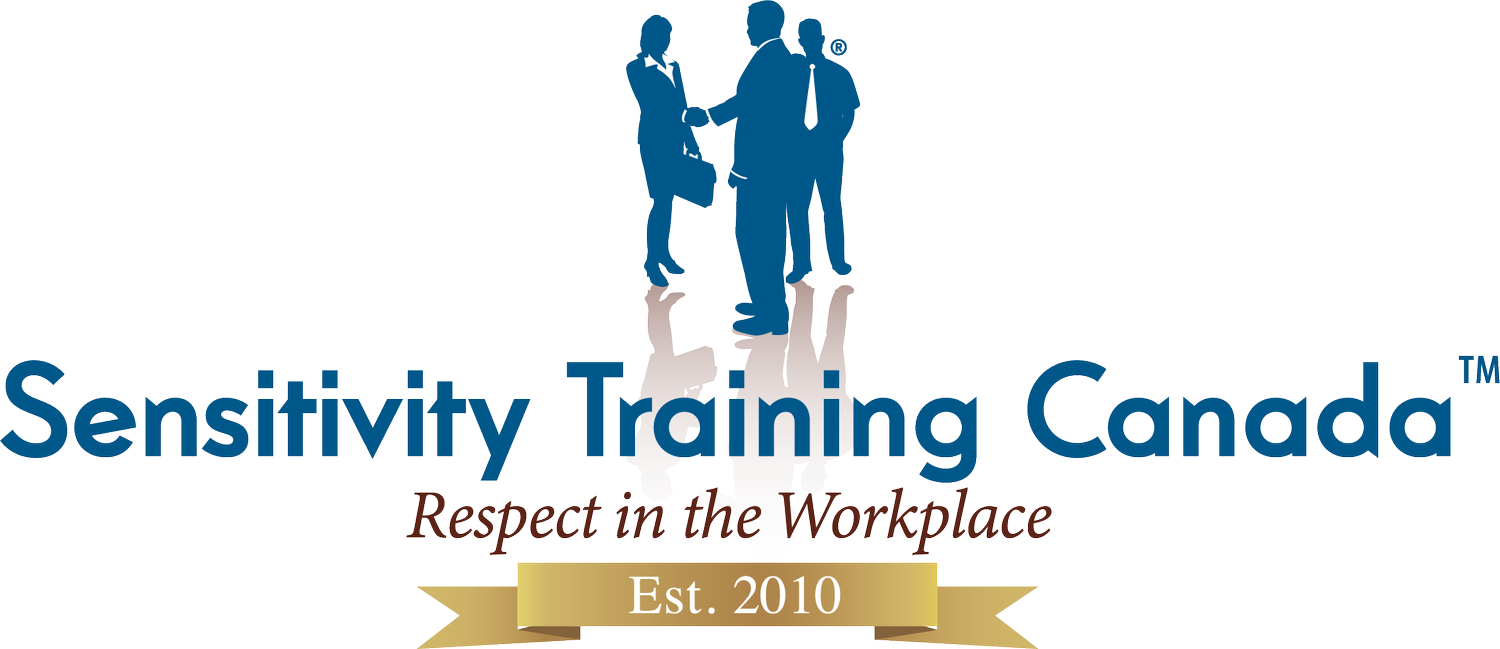Workplace Practices That Sustain Employee Well-being
Employee well-being is a critical component of a productive, engaging, and sustainable workplace. As more and more organizations recognize the importance of their employees' health and happiness, they increasingly adopt comprehensive strategies to ensure well-being at work. Here’s a detailed look at how businesses and other organizations can sustain employee well-being effectively.
Promote Physical Health
Physical health is foundational to overall well-being. Companies can support this by offering wellness programs that include gym memberships, fitness challenges, and health screenings. Workspaces can also be designed to encourage movement, such as sit-stand desks and the provision of ergonomic office furniture to prevent strain and injuries.
Support Mental Health
Mental health has become a central focus in employee well-being programs. Businesses can support mental health by providing access to counseling services, mental health days off, and training managers to recognize signs of mental distress. Sensitivity Training Canada has a Workplace Mental Health Awareness Workshop that, very effectively, covers how to recognize signs of mental distress. Creating an open environment where employees feel safe to discuss their mental health without stigma is crucial.
Encourage Work-Life Balance
Balancing work with personal life is essential for employee well-being. Flexible working hours, remote work options, and a culture that discourages after-hours work communications can help employees manage their personal and professional lives more effectively. Encouraging employees to take full advantage of their vacation time is also beneficial.
Foster Social Connections
A supportive workplace community can enhance employee well-being significantly. Team-building activities, social events, and collaboration projects can help build relationships among coworkers. Establishing employee resource groups (ERGs) can also provide social support and enhance the sense of belonging for diverse groups.
Provide Career Development Opportunities
Employees feel valued when they see opportunities for growth and advancement within their organization. Providing regular training sessions, mentorship programs, and clear pathways for career advancement can boost morale and motivation, contributing to overall well-being.
Implement Recognition and Reward Systems
Recognizing and rewarding employees for their hard work and achievements can boost self-esteem and satisfaction. Simple gestures of recognition, whether through a formal awards system or through regular feedback and praise, can make a significant difference in how valued employees feel.
Ensure Organizational Justice
Employees need to feel that they are treated fairly and that their workplace is just. Transparent communication about company policies, equitable treatment in terms of pay and promotions, and a trustworthy grievance redressal system are essential for sustaining employee well-being.
Enhance Financial Well-being
Financial stress can significantly impact an employee’s mental and physical health. Offering competitive salaries is basic, but companies can also provide financial wellness programs that help employees manage their finances better, such as seminars on financial planning, debt management, and retirement savings.
Regular Well-being Assessments
Regularly assessing the effectiveness of well-being initiatives is crucial. Surveys, interviews, and focus groups can help gather employee feedback on what is working and what isn’t, allowing for continuous improvement in well-being strategies.
Leadership Commitment to Well-being
Leaders play a crucial role in the cultural shift towards prioritizing employee well-being. Leaders must demonstrate a genuine commitment to well-being, not only in words but in actions. This commitment should be visible in their participation in well-being programs and their approach to employee interactions.
We agree that sustaining employee well-being requires a multifaceted approach and an ongoing commitment from all levels of an organization. By integrating these strategies into the workplace, companies can not only enhance their employees' health and happiness but also improve organizational performance and resilience. This holistic approach to well-being is no longer a luxury but a necessity in the modern workplace, ensuring that employees are not only productive but also genuinely thriving.
The Sensitivity Training Canada Team

